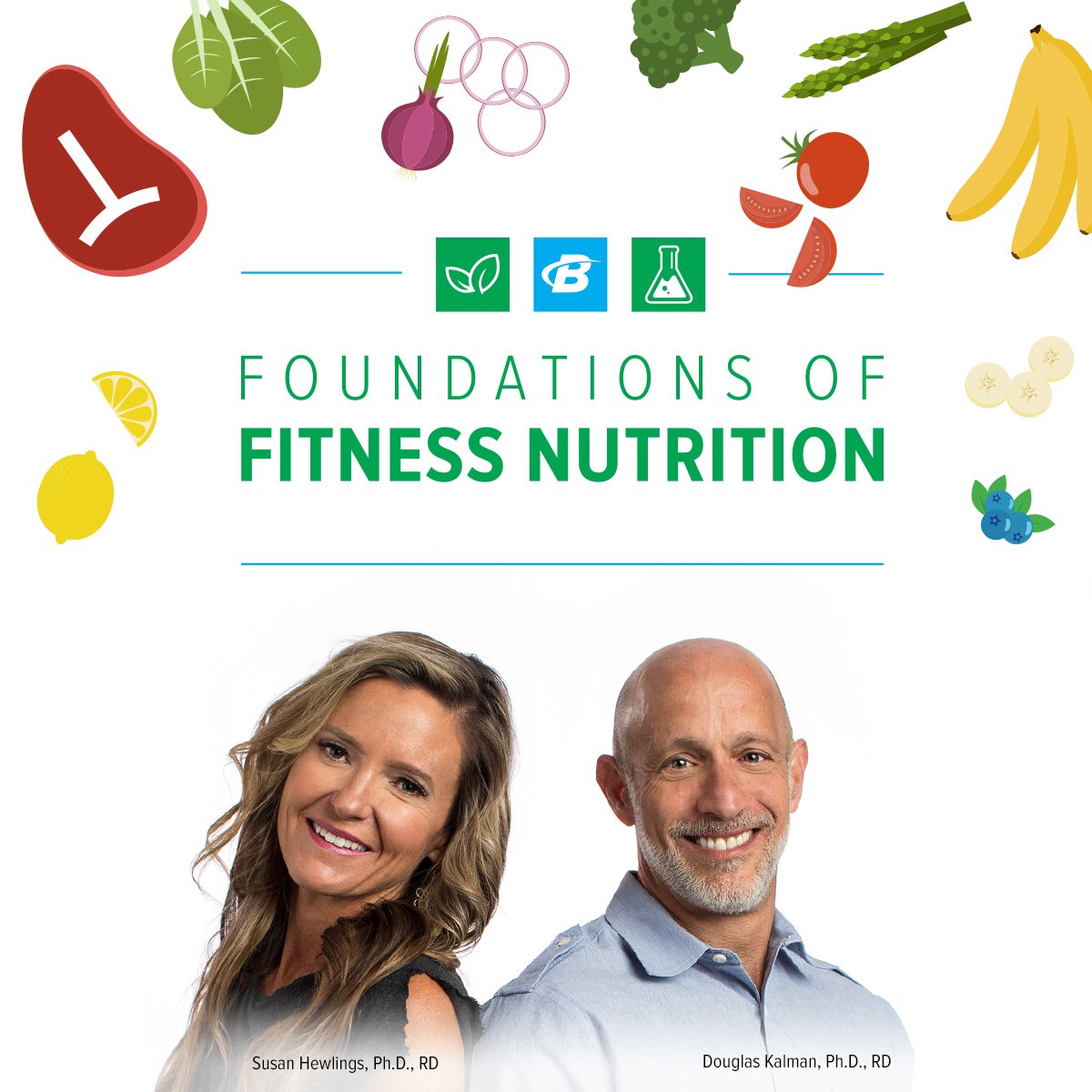What Is Intermittent Fasting? | Reasons to Try IF | IF for Weight Loss | IF for Muscle Growth | IF Schedules | Best Foods for IF | Best Supps for IF
Intermittent fasting (IF) is a popular eating plan that's frequently used for weight loss and maintenance. It involves going without food for a specified period, followed by a feeding window where you eat normally, which can have significant effects on your fat stores and metabolism.
There are several different IF methods, including the 16:8 method, the 5:2 diet, and Eat-Stop-Eat. It may take some experimenting before you find the one that works best for you.
The Benefits of Intermittent Fasting
Intermittent fasting offers a range of health benefits that can help you lose weight and maintain muscle.
Increased growth hormone: IF has been linked to increased production of human growth hormone (HGH), which plays a key role in muscle protein synthesis. Increased HGH helps to maintain muscle mass when you're in a calorie deficit.
Cortisol reduction: Intermittent fasting provides stress management as it decreases the body's production of cortisol, often referred to as the "stress hormone" as well as the "belly fat hormone." Elevated cortisol promotes overeating and weight gain by stimulating your appetite for sweet, high-fat, and salty foods.
Insulin sensitivity: IF increases the body's insulin sensitivity. While insulin is an important anabolic hormone that contributes to muscle growth, an overabundance of insulin prevents fat from being broken down for energy and diverts the fat and sugar you consume into your fat cells. Reducing elevated insulin, while also increasing your body's sensitivity to it, retains muscle while instructing your body to burn fat for energy.

Enhanced cardiovascular function: Studies have shown that intermittent fasting can improve several risk factors for coronary artery disease and stroke, including a reduction in blood pressure, improvement of cardiovascular stress adaptation, and reduced oxidative damage.
Side Effects of Intermittent Fasting
There are some possible downsides associated with intermittent fasting that can affect your reaching your goals.
Dehydration: It is possible to become dehydrated when fasting because some of your daily water requirement comes from your food. Aside from the detriment to your general body functions when you're dehydrated, it can affect your ability to exercise, especially as your body loses more water when you train hard. It's important to increase your water intake during fasting periods.
Hypoglycemia: Another potential problem with IF is low blood sugar, or hypoglycemia, which can strike during your fasting times. Symptoms of hypoglycemia include sweating, fatigue, dizziness, hunger, tingling lips, shaking, fast or pounding heartbeat, and mood swings. Fortunately, intermittent fasting decreases insulin, as discussed above, which helps counteract the blood sugar drop.

Slight muscle loss: Intermittent fasting can result in some muscle loss, but this is only a temporary side effect. It results from your body using up glycogen stores for energy rather than going into starvation mode or burning muscle. This will not happen if you are eating enough calories to support your muscle on during your feeding periods.
How Can Fasting Help You Lose Weight Without Losing Muscle?
Compared to calorie-controlled diets, intermittent fasting has been shown to be an effective tool for weight loss without losing muscle. This is because fasting promotes the secretion of hormones such as HGH and adiponectin.
HGH helps maintain lean mass by signaling your liver to keep up its production of lipoprotein lipase (LPL), an enzyme that moves fat from storage in your body tissues into your bloodstream where it is burned for energy. Adiponectin, on the other hand, tells LPL to work more efficiently while also blocking some activity that causes insulin resistance.


